ON THE surface Melanie Sills was a bubbly, effervescent police officer who was performing far beyond her level of experience.
But behind the happy smile was a fragile mind, tortured by images of burning bodies, suicides, fatal crashes, infant deaths and recurring nightmares.
This internal conflict, meanwhile, was being played out against a backdrop or disjunct between junior officers’ perceived “stigma” towards mental health and that of management or senior police tasked with handling a looming PTSD crisis.
The year was 2011 and of the 228 police working in the Tuggerah Lakes command, 28 or a little more than 12 per cent of all officers, were off work because of mental “trauma related incidents”.
A civil lawsuit in the NSW District Court has provided a never-before-seen glimpse into the inner workings of the Tuggerah Lakes command and how it grappled with the mental health of its officers after Ms Sills tried to sue the NSW Government for negligence.
In her statement of claim for $1.4 million in lost earnings Ms Sills, now 40, said she was exposed to numerous traumatic incidents during her time in the police and, as a consequence, suffered a severe psychological or psychiatric injury which has left her unemployable.
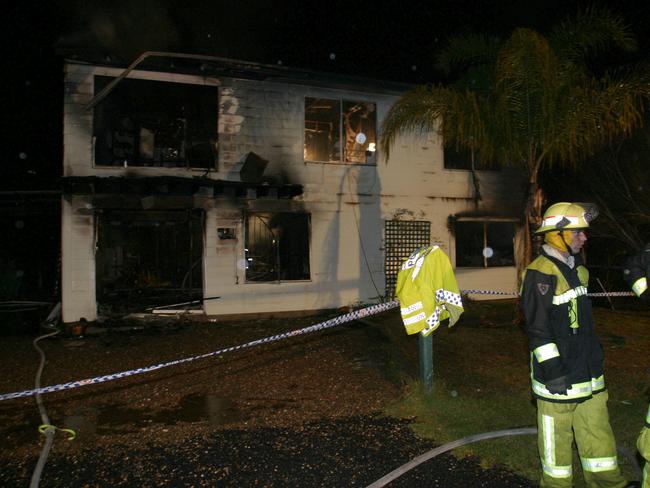
She pleaded the NSW Police Force owed her a duty of care to avoid exposing her to a foreseeable risk of injury, including the risk of psychiatric or psychological harm and that she suffered a post traumatic stress disorder (PTSD), a major depressive disorder and an anxiety disorder as a result of the defendant’s negligence.
She could smell burning flesh which stayed with her for a while - Judge Phillip Mahony
The NSW Police, however, argued she failed to avail herself of available counselling, did not seek medical attention and failed to report distress or symptoms to her superiors.
Ms Sills was 25 years of age when she attested as a Probationary Constable on May 2, 2003.
Four days later she was on her first general duties shift with Tuggerah Lakes when she was called to a suicide.
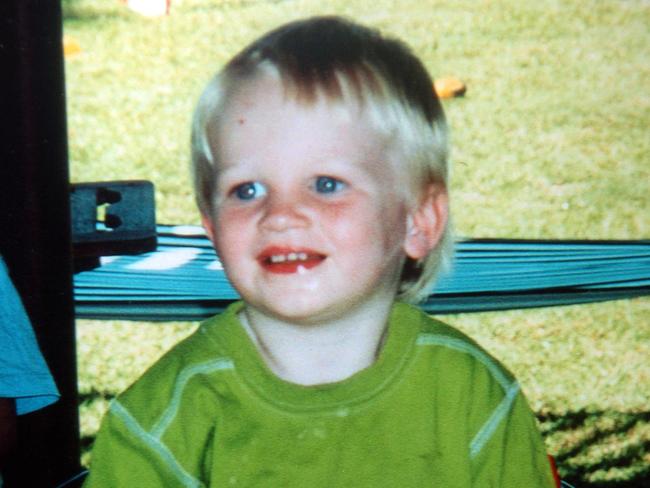
As the junior officer she was directed to speak to some of the grieving family and help the government contractors in putting the deceased into a body bag.
But when the contractors went to pick up the body bag one of them lost her grip and dropped the deceased onto the ground “causing some distress to the family who were present”.
From there the court heard a litany of traumatic jobs Ms Sills attended including a house fire at Doyalson on July 26, 2004, where a young child died from smoke inhalation and a firefighter died days later from injuries sustained while trying to get upstairs to rescue the child.
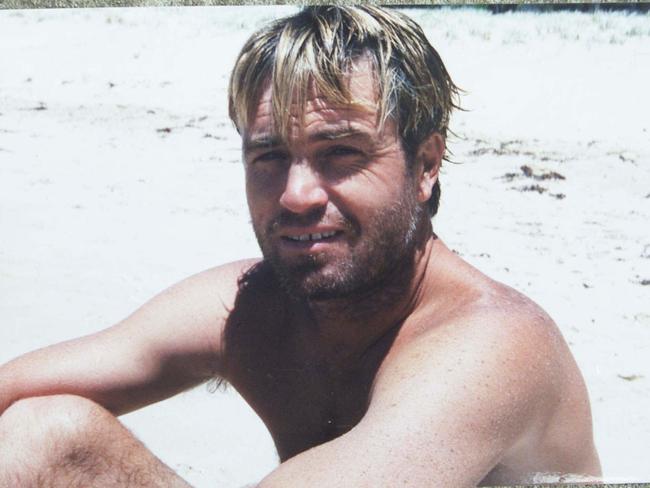
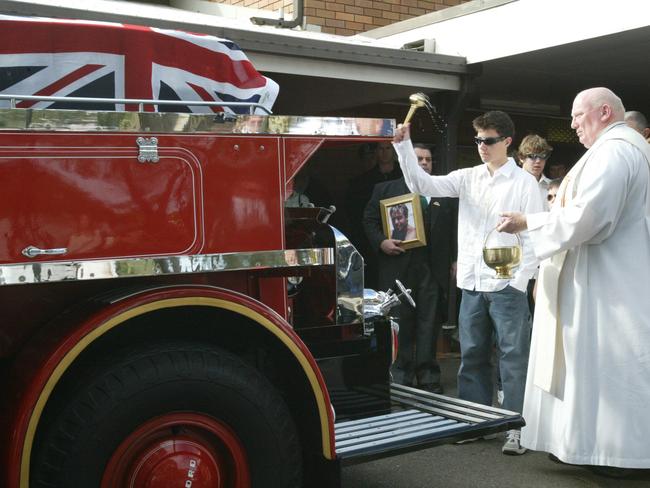
Ms Sills was told the fire was started by a woman downstairs for heating purposes who could hear the trapped child screaming for her.
Ms Sills went home and threw out every candle, match and lighter in her house.
Within a day or so Acting Superintendent Max Mitchell told her she should go and see the EAP, an acronym for the police Employees Assistance Program.
She went but described it as a waste of time.
In the years that followed she would wake from nightmares of her own house burning and run to check on her children.
You get laughed at and spoken about - Melanie Sills
On March, 11, 2006, Ms Sills was sent a car park at Norah Head where a large group of teenagers witnessed a man setting himself on fire inside his vehicle.
“She had to assist in removing the deceased from the vehicle, during which, his clothes mostly melted away from him, or were stuck to the seat of the vehicle,” Judge Phillip Mahony said in summarising her evidence.
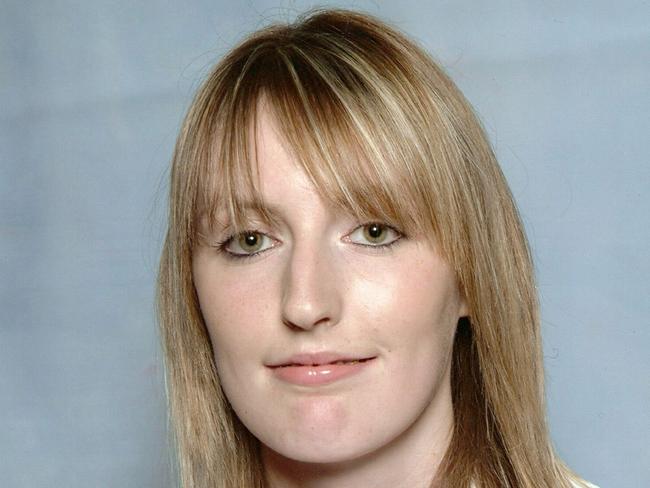
“She could smell burning flesh which stayed with her for a while.”
Ms Sills told the court she made numerous appointments to a counselling service called AusPsych, but did not attend.
She also attended the cot death of a junkie’s baby, the death of an elderly man in a fire and a road fatality involving 17-year-old Leah White.
In 2006 she successfully put in a worker’s compensation claim for a period of time she had off because of her mental health but was later cleared to come back by the police medical officer on full duties.
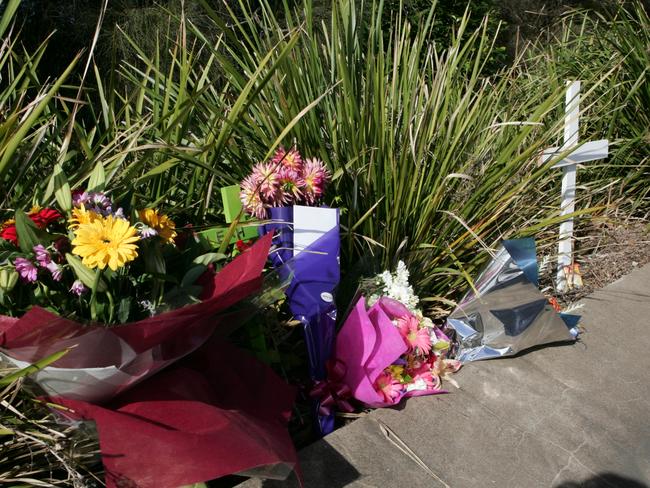
By May 2009 she had been identified as an officer who had attended in excess of five critical incidents within a two-year period.
She received an email advising her that she had been identified as an officer at risk and asked whether any assistance could be offered by the command regarding her welfare and support.
She replied: “I’m seeking counselling outside of work.”
In her evidence Ms Sills said it was not “the culture” to discuss their mental health with other officers.
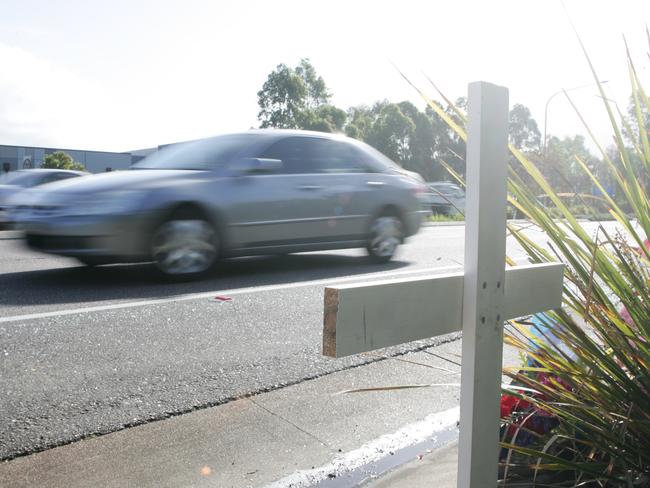
“You get laughed at and spoken about,” she said.
“It was always frowned upon within the police to speak up about if you were struggling so, yes.
“I would often hear other officers making fun of people that have gone off on stress leave, or — they were basically just made fun of by saying they were what’s called booey or mad or a head case.”
Another officer Joan Raper, who attested about the same time as Ms Sills and worked with her at Tuggerah Lakes, also criticised the police Employees Assistance Program (EAP), which involved visiting a psychologist at Gosford.
She told the court she attended the EAP twice after a series of traumatic events in 2005 and 2006.
The first she described as “useless, completely useless” while in the second the psychologist told her the best form of stress release was to “go home and have sex with my husband”
“I called him an idiot and I left,” she said.
Chief Inspector Kim Sorenson, who described Ms Sills as “a bubbly, happy personality, a lovely girl to have around”, said he designed a spreadsheet to log which officers had attended traumatic jobs and flag any that had attended five or more in a two-year period.
Asked if junior officers’ reluctance to report mental health issues was because it would be seen as a sign of weakness by the chain of command, he replied it was “a total falsehood”.
“We encourage people to be open with us, because we recognise the fact that the only way we can help is if we know and that was the reason why this spreadsheet was developed, was to make sure that we had the best chance possible to know and take early intervention and thus prevent people getting PTSD,” he said.
Chief Inspector Rod Peet said mental health issues were widely discussed.
“At one stage in 2011, there were 28 officers unfit for duty, due to trauma related incidents,” he said.
“It was certainly well known in the command that that was a challenge we were facing, and certainly it was hugely topical, and to the point that it was readily discussed.
“I’d discuss it readily with people, I’ve been through the process myself, I’ve had issues with anxiety, depression, I’ve worked through them in the workplace, I’ve discussed that with other staff members quite openly, and that’s really the — the culture we’ve tried to maintain in the workplace.”
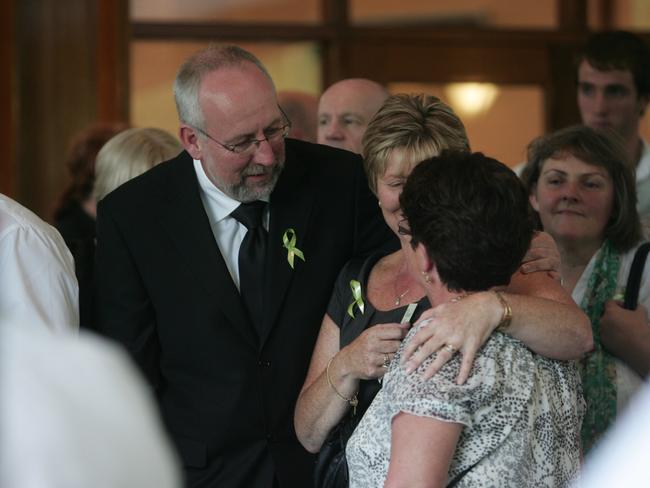
However Judge Mahony found “on the balance of probabilities, that from the plaintiff’s perspective, and that of other low ranked officers in the Police Force, there was a stigma attached to disclosing mental health problems”.
In delivering his verdict the Judge said despite this, Ms Sills had disclosed psychological problems in 2006 when she lodged a worker’s compensation claim for a short period of time off and had subsequently been certified as fit to return to full duties by the police medical officer.
“The plaintiff was aware at all times of the support services available, including the EAP, the peer support and Police Chaplain, but at no time sought out those services,” Judge Mahoney said.
“Finally, when identified as an officer at risk in 2009, and having received Mr (Tony) Long’s email, the plaintiff responded that she was seeking counselling outside work.”
Judge Mahoney found in favour of the NSW Police and ordered Ms Sills cover the defendent’s costs.
* Anyone feeling anxious, depressed or unable to cope please call:
Lifeline: 13 11 14
Beyond Blue: 1300 22 4636
Mental Health Line: 1800 011 511

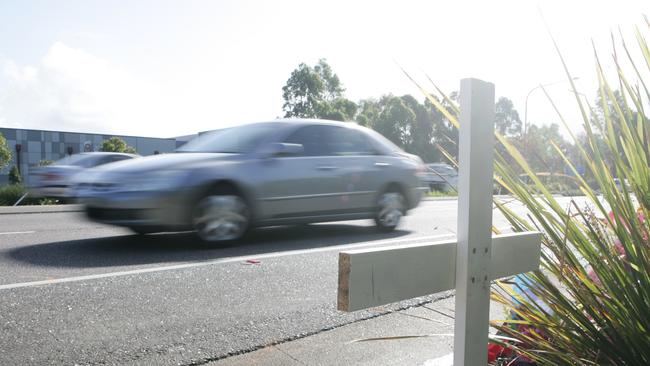
Add your comment to this story
To join the conversation, please log in. Don't have an account? Register
Join the conversation, you are commenting as Logout
Teen dies after horror lounge room backflip attempt
An 18-year-old man who died after hitting his head while doing a backflip was celebrating moving into a new apartment at the Gold Coast, his family has revealed.
Revealed: Surf club’s restaurant plans, Tuggerah’s new takeaway
A Central Coast surf club is trying its hand at the restaurant game, while the first fast food outlet for the new Tuggerah bulk retail centre has been revealed. See what’s making food news.